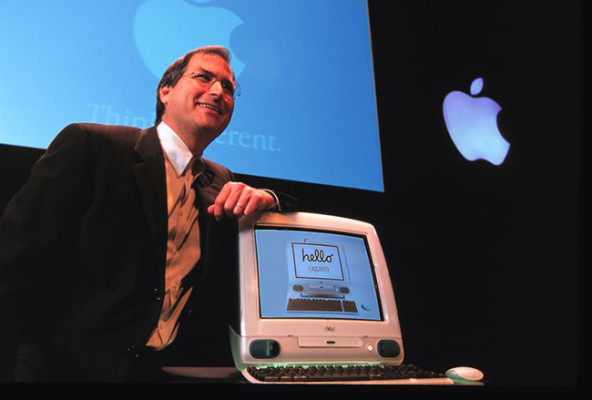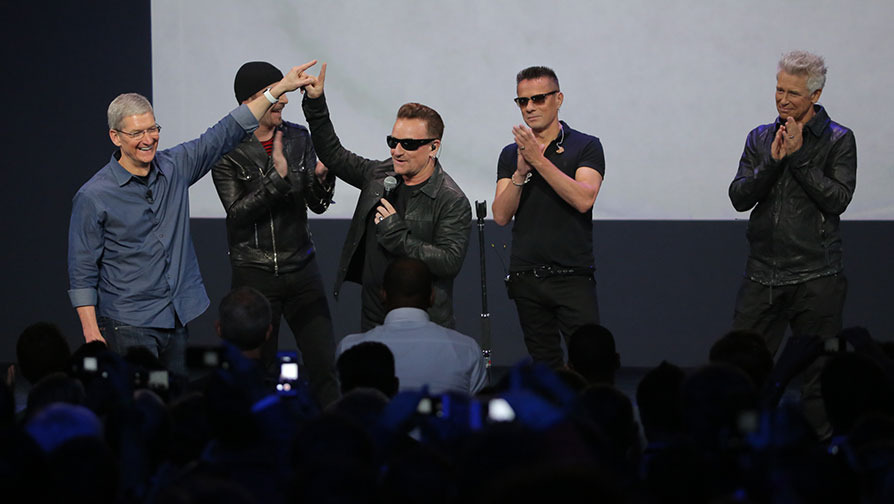The Flint Center for the Performing Arts at De Anza College in Cupertino is to be permanently closed, the college's board of trustees has voted, with the center that has previously played host to a number of important Apple events potentially being turned into student housing.
In a meeting on Monday, the Foothill-De Anza Community College Board of Trustees voted 4-1 in favor of closing the Flint Center. The closure means there is a possibility the facility could be replaced by a new building, one that could be an updated performing arts venue similar to Flint Center's main purpose, or for student or faculty housing.
The meeting had a large audience from the dining commons and a plethora of speakers arguing both for and against its closure, writes the Los Altos Town Crier. While the main contingent of students were in favor of closing the center and replacing it with student housing, there was some pushback on its closure.
Members of the Peninsula Symphony and California Pops Orchestra groups argued to keep it open, with the center being a regular concert venue for each, while others suggested the college would lose its "No. 1 PR tool" by shutting it down.
For Apple, the Flint Center served as the venue for a number of the company's major announcements. The earliest was in 1984, when late CEO Steve Jobs demonstrated the original Mac to shareholders, a week before a similar presentation was made by Jobs to the Boston Computer Society.
In 1998, Apple launched the first iMac, a blue model that was not only a major product that reinvigorated the company with a striking computer design, but also one of the first when Jobs returned to Apple. The following year, the center was used for the launch of the iMac SE.
The last time the Flint Center was used by Apple for its events was in 2014, when current Apple CEO Tim Cook launched the iPhone 6 and iPhone 6 Plus, as well as introducing the Apple Watch.
 Malcolm Owen
Malcolm Owen








-m.jpg)






 Charles Martin
Charles Martin

 William Gallagher
William Gallagher

 Christine McKee
Christine McKee
 Wesley Hilliard
Wesley Hilliard

 Andrew Orr
Andrew Orr








14 Comments
R.I.P.
Reborn as Steve Jobs Theater.
Could be an Apple Museum.
Fat chance.
Apple has had countless opportunities to build a museum on its own property.
Perhaps more importantly the company culture is forward facing. They don't publicly rest on their laurels. Starting with Steve, the company has never shown much interest in putting their history on a pedestal.
If Apple wanted a museum, it would already exist. They could have easily designated one of the buildings on Mariani Avenue (where the company made their home in the early years) as a museum. If fact, that would be a far more appropriate location rather than trying to build a museum on a campus of a public community college.
Student housing is a far more important issue.